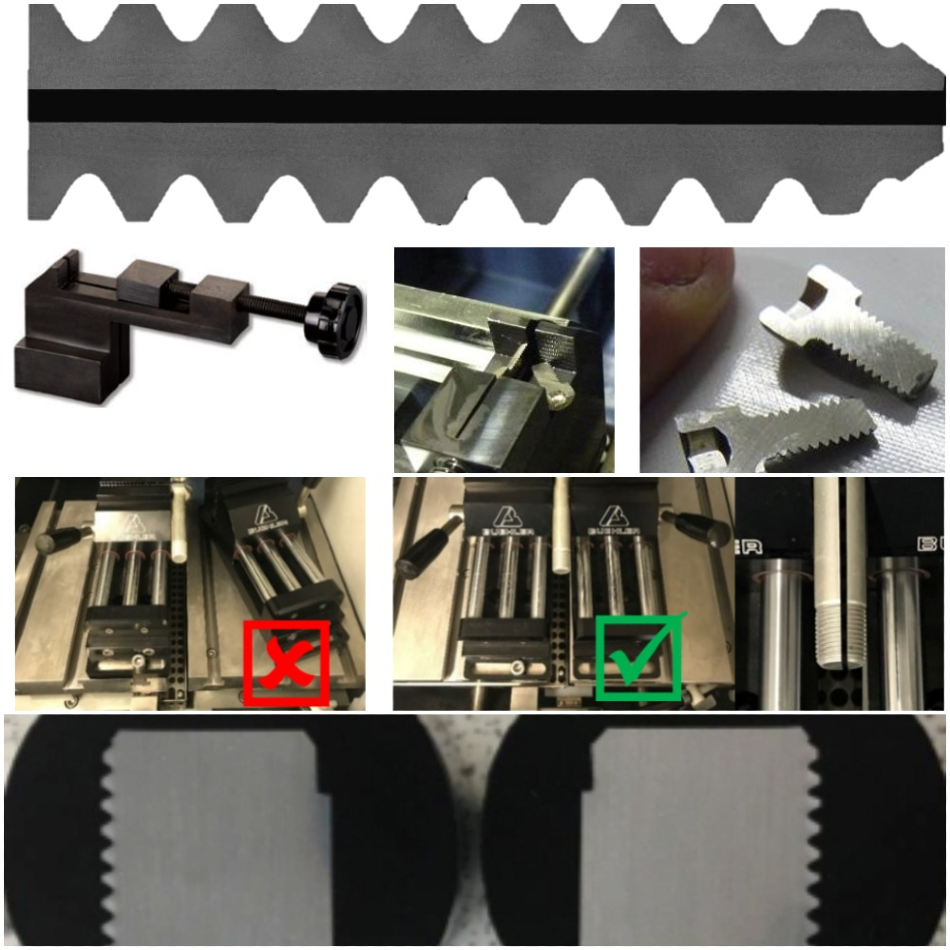Buehler, an ITW Company and a global manufacturer of metallographic equipment and consumables presents ‘Fastener Metallography – Guidelines to Quality Metallurgical Analysis’ – a complimentary webinar for novices to experts. Fasteners (rivets, screws, nuts, and bolts) are the small but mighty important components found in a vast range of applications. They are widely used in automotive, aerospace, appliances (white goods), in construction projects such as bridges among others. They are very important in manufactured products because a vast majority of components employ fastening technology during assembly to maintain and guarantee product integrity over its service lifetime.

This webinar will explore metallurgical investigation of fastener components and related materials by highlighting preparation guidelines for the stages of fastener production process. Buehler experts will share the best practices to adopt, while following strict ASTM and/or ISO standards for fastener evaluation due to their safety critical use in aerospace, automotive, and other related industries.
Fasteners may be manufactured in small private shops or large industrial factories and their fabrication includes; cold or hot forming of incoming raw material (wires), thread making (involving a rolling or machining process), heat treating, and application of coatings for corrosion protection. They may be manufactured from corrosion-resistant steels, alloyed steels, titanium, aluminum. How they are made is influenced by the diversity of fastener specifications and capabilities. Buehler’s Fastener Metallography Webinar is will be of interest to the metallurgical technicians, engineers and others who carry out testing of fastener components and related materials as part of the quality control or inspection during production of the desired final product.
The Fastener Metallography Webinar topics covered will include:
- Fasteners and their applications
- Metallographic preparation challenges
- Requirements for routine or detailed evaluation
- Defects assessments and Microstructural evaluation
- Decarburization assessment
- Hardness conformity checks
- Rivet metallography
The webinar is presented in English in three time zones: on Wednesday, May 27, 2020 it will be live in the United Kingdom and Asia time zones. On Thursday, May 28,2020 it will be presented live in the United States central time zone. Attendees will receive a certificate of participation right after the Webinar. To register for the complimentary webinar visit www.buehler.com/buehler-webinar-registration.php and the options will be available. If the webinar is of interest but the attendee cannot attend, registration is available for a replay after the event. The webinar will also be presented line in June 2020 in French and German.